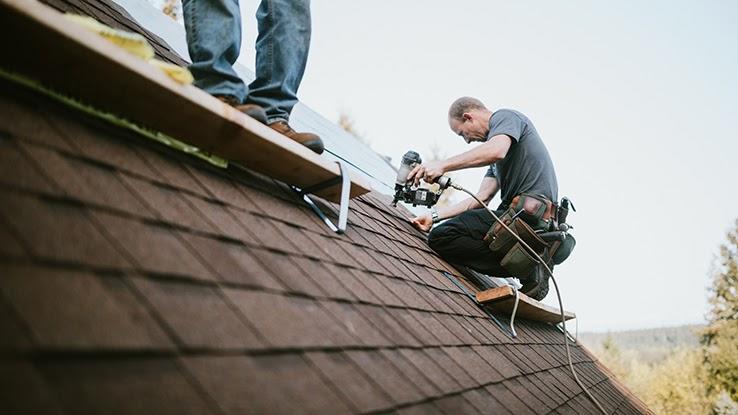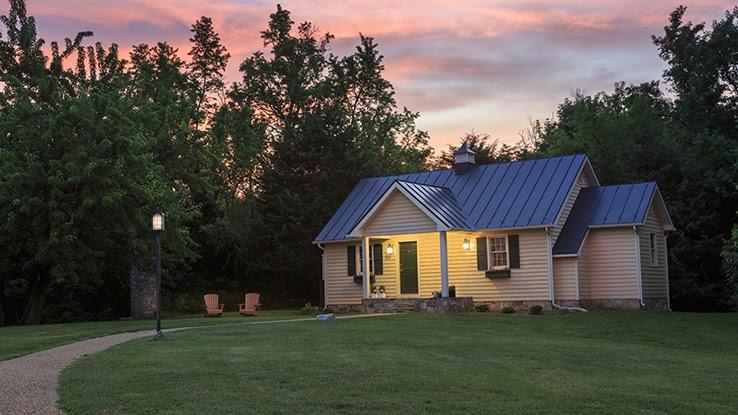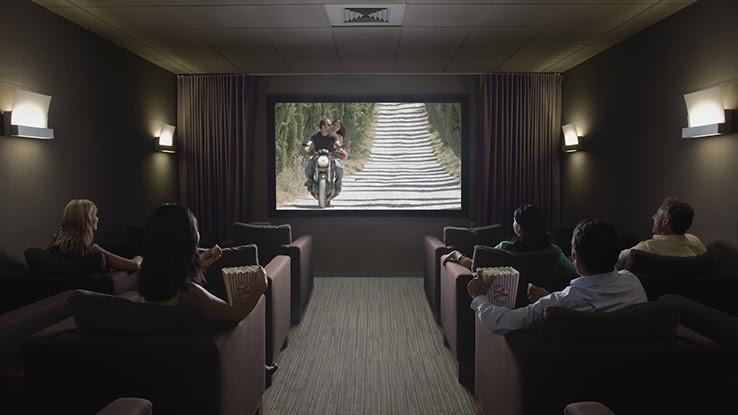How To Create A Strong Value Proposition

When it comes time to sell your house, decisions on home improvement projects heavily impact the property's value. Not all home improvement projects deliver the same impact and return, though. Strategizing projects and prioritizing improvements to get the best value and return on investment is ideal.
From new roofs to upgraded landscaping, minimizing frustrations to make the most from your home while planning a move is important for your health and bank account. With some thorough planning and stringent budgeting, anyone can add some value to a home and make a little extra when it's time to say goodbye.
The critical home remodeling projects with the highest return on investment are also the least glamorous. If you're not sure where to look to get started, here's an easy tip: Look up. Your roof may not be the most exciting aspect of your home, but no element of the building is more important. After all, your roof is the most abused section of a house and is exposed to the most inclement weather.
According to Remodeling's 2019 Cost vs. Value report, the average American homeowner spent $22,636 on a new roof in 2019, increasing the home's value by $15,427. Significant roofing improvements showed a return on investment (ROI) of between 68 and 80%. While it may be tempting to jump to more glamorous and obvious upgrades, homeowners are more likely to recoup their investment on fundamental improvements to things like the roof than by investing in those vanity projects.

Another fundamental worth looking into is your home's siding.Remodeling's study also concluded that adding and upgrading essential siding on the house are far better investments than a minor kitchen remodel. "Buyers want to take the basic systems for granted," Remodeling's editorial director, Sal Alfano, told HGTV. "They assume the roof doesn't leak and the air conditioning and plumbing work. Maintenance can chew up a lot of cash quickly, and people are afraid of that."
According to HGTV, most home buyers have a limit on what they will spend on a house. If buyers know that they'll have to fork out significant sums on fundamental elements that they'd prefer to just trust are in great shape, they're less likely to close a deal or even to increase their offers significantly. Once those fundamental pieces — roof and siding are two great examples — then move on to some efforts to improve your home's curb appeal.
2. Add Curb Appeal
The roof and siding are parts of your home's curb appeal. But that essential home improvement process goes well beyond those pieces. The goal of improving your home's curb appeal is to take someone who drives by and to pique their curiosity about what the inside looks like. ("If the outside looks that good, we've got to see the inside!")
Even in housing markets that are already booming, making investments in curb appeal after addressing fundamentals like the roof and siding, which offer the bonus of making your house more beautiful too, can help to set your house apart. When it comes to curb appeal, consider how welcoming your home appears and the quality of your landscaping.

A home that is aesthetically pleasing will entice more buyers. For example, if a house appears flat or dark out front, a homeowner may consider adding a porch for some dimension or additional lighting to create interest and atmosphere. Simple upgrades can make a home feel much more welcoming." You want to convey a sense of welcome," says realtor Ron Phipps. "If all [of] your remodeling is on the inside, but the outside of the house is challenging, you'll never have a chance to even show the inside."
Landscaping is also a significant component of curb appeal and can add tens of thousands of dollars to a home's value. It's not only an easy way to immediately add value to a home, but it'll continue adding value as time passes. In San Francisco, one of the most expensive housing markets in the country, homes on landscaped lots improve in value more compared to non-landscaped homes by between 5.5 and 12.7%, according to SFGate.
3. Upgrade the Kitchen & Bathroom
The kitchen is often referred to as "the heart of the home." People spend a lot more time in their kitchens than many other rooms — and more than they may realize — and they are a top priority for new home buyers. The kitchen is highly scrutinized, whether it's granite countertops, top-of-the-line appliances, or a spacious cooking environment. It adds considerable value when it comes time to sell the house.

Remodeling Magazine's editorial director, Sal Alfono, says kitchen and bathroom remodeling projects are "always right up there at the top of the list. They're the big, sexy rooms that new home builders splurge on, so when buyers are shopping around, that's what they want in an existing home, too." In some of the hottest housing markets in Atlanta, San Diego, Chicago, and Washington, D.C., kitchen and bathroom remodeling projects have yielded over 100 percent returns on investment.
"A bathroom can be updated without a total renovation," interior designer Mel Bean told Martha Stewart. During a recent project, she completely redid the shower, but only needed minimal upgrades to complement the new work. The team painted the walls, trims, and cabinets in a shade of gray that complemented the original countertops — and that was all before changing little things like hardware on the cabinets, tissue holder, and towel hooks. Without much spending or time, the space felt completely new.
People can quickly tell whether or not the previous owner or contractor spared any expense when it comes to sinks, countertops, cabinets, toilets, and tubs. When planning an upgrade, take a look at all-wood cabinets, industrial-style sinks and appliances, stone countertops, and natural wood or stone flooring.
4. Add Some Unique Bonus Features to Help Your Home Stand Out
There are thousands of additional options that some home buyers consider a bonus. A home theater system may include electrical wiring, seating, sound, and a screen. The work needed to put into a home theater is far more than the cost. And the broad appeal of having a home theater may be enough to push a home buyer to agree to your initial asking price.

Mini yoga studios, wine cellars, and recreational rooms are also good ideas to consider. With a professional contractor, a friend, or a little know-how, many improvements are available to homeowners at reduced costs with an overall ROI (that is, return on investment). The best part about owning a home is the potential for creativity.
Once you've set your budget, determine which projects are the least expensive but have the greatest appeal. Ask friends, talk to real estate agents, and use the internet to determine which upgrades and renovations are the most sought after in your area. And don't forget to have a little fun during the process.
MORE FROM ASKMONEY.COM
How To Create A Strong Value Proposition
Source: https://www.askmoney.com/investing/easy-affordable-home-improvements-add-most-value?utm_content=params%3Ao%3D1465803%26ad%3DdirN%26qo%3DserpIndex
Posted by: grissomfrinslazince.blogspot.com

0 Response to "How To Create A Strong Value Proposition"
Post a Comment